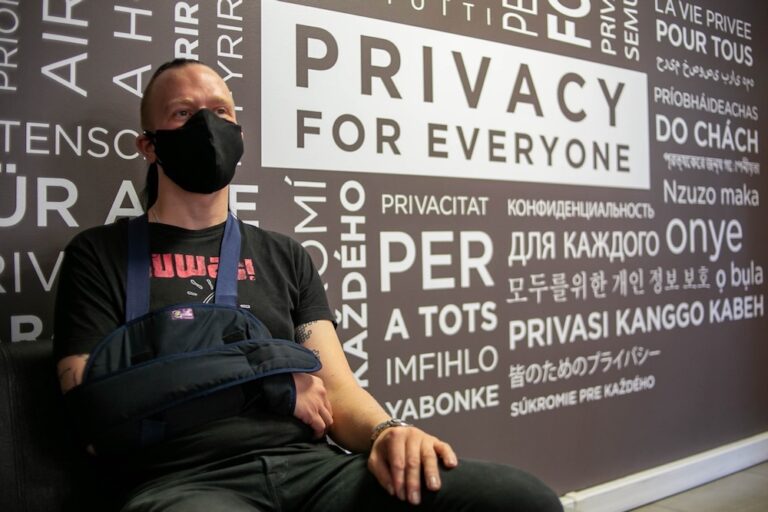Aggressive legal harassment and intimidation of the news media, led by President Rafael Correa, is weakening free expression, CPJ has found.
(CPJ/IFEX) – Quito, Ecuador, September 1, 2011 – Aggressive legal harassment and intimidation of the news media, led by President Rafael Correa, is weakening free expression in Ecuador, a new report by the Committee to Protect Journalists has found.
“Since 2007, press freedom conditions have seriously deteriorated in Ecuador, which has become one of the hemisphere’s most restrictive countries for journalists,” said Carlos Lauría, author of the report and CPJ’s senior program coordinator for the Americas. “The Correa administration is promoting legislation that could seriously threaten freedom of expression in Ecuador.”
A broad assault on free expression is being instituted through defamation complaints, smear campaigns, coerced pre-emption of news programming, and ballot measures that regulate media content and ownership. Authorities have also proposed the establishment of a regulatory council with broad powers to control the press and set penalties for violations. At the same time, the government has built one of the region’s most extensive state media operations with more than 15 television, radio, and print outlets along with a news agency that serves largely to amplify the administration’s views. In 2007, state media consisted of a single radio network.
The local press freedom group Fundamedios has documented more than 380 free press violations from January 2008 through July 2011. From 22 documented cases in 2008, abuses spiraled to 151 in 2010 and are on pace to far exceed that level this year, the group said.
Ecuadoran law defies the emerging consensus in Latin America that civil remedies provide adequate redress in cases of alleged defamation. Recent decisions in Costa Rica, Argentina, and Brazil either eliminate criminal defamation or significantly weaken it. A growing body of international legal opinion indicates that public officials should not enjoy protection from scrutiny, including a statement from the Inter-American Commission on Human Rights issued in 2000. The commission has criticized the Correa administration’s practices.


